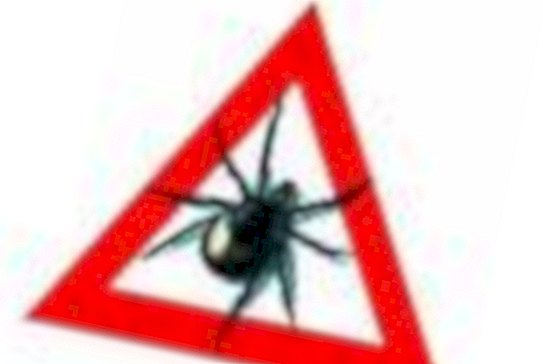Which tick protection helps?

The ticks are going! The warmer it gets, the more active you become. The harmless-looking little bloodsuckers can transmit dangerous diseases. But how do you effectively protect yourself from them? Stiftung Warentest has tested 20 anti-tick remedies for its May issue. The verdict of the testers: devastating - 12 of the 20 tested products received the grade "deficient".
The biggest criticism: The remedies, also called repellents, do not work as long as promised, Depending on the manufacturer, four to eight hours of protection against ticks are guaranteed. In fact, all means in the test protected only over a much shorter period of time, some even just a few minutes long.
In addition, many products irritated the mucous membranes, including supposedly gentler natural remedies. Among the repellents with natural active ingredients, the Stiftung Warentest found five that had no authorization as a biocide: they should not have been sold.
The best rated product was "Anti Brumm Naturel" - it scared off the little bloodsuckers for at least three hours and received a score of 2.6. The review is followed by "Quartet Anti Tick Skin Spray" and "Autan Family Care Tick Protection". But even these remedies can not replace prudent behavior and protective clothing.
Which diseases can be transmitted by ticks?
In Germany, estimates the Robert Koch Institute, stuck annually 60,000 to 80,000 people by ticks with the infectious disease Lyme disease on. In about half of those affected the puncture site reddened a few days or weeks after the tick bite. The patients feel tired, get fever, gastrointestinal complaints, head and joint pain. If the infection is not detected, chronic symptoms may develop, such as joint inflammation or damage to the nervous system.
Lyme disease can be treated with antibiotics, provided you recognize them in good time. There is no vaccine - to prevent borreliosis, only one thing helps: avoid tick bites.
Very rarely, ticks can too Early summer meningoencephalitis transferred, short TBE. The symptoms are initially similar to those of a summer flu, two-thirds of the patients then recover. Sometimes, however, a meningeal or even more dangerous brain inflammation develops; it can also lead to paralysis. Up to two percent of TBE patients in Central Europe die.
Should I get vaccinated against FSME?
TBE occurs regionally limited. Every year, the Robert Koch Institute (RKI) identifies risk areas in a Germany map: Particularly affected are Bavaria, Baden-Württemberg, Thuringia and southern Hesse. Anyone living or working in a risk area who might be exposed to ticks should protect themselves against TBE by vaccination, the RKI Standing Vaccine Commission recommends.
Most health insurance companies now cover the costs of such a vaccination. For fast, temporary protection, two vaccinations are required every 14 days. Full immunization for three years is more costly: two injections every one to three months, then a third vaccine after nine to twelve months.
How can I protect myself from tick bites?
Drag sturdy shoes, socks and long pants if you are out in the woods, preferably a shirt with long sleeves. On light clothes you recognize crawling ticks easier.
Ticks sit on grasses, shrubs and in the undergrowth. Stay as far as possible while hiking and jogging. You are also at risk during a picnic on the lawn or gardening.
In combination with suitable clothing, anti-tick remedies are also suitable for deterring ticks - at least for a limited period of time. However, do not rely on the manufacturers' promised protection times.
Normally there are no more ticks above 1000 meters altitude. However, in the summer, roe deer, which are members of the ticks, can move higher up into the mountains, taking ticks with them.
And if a tick stabbed me?
If you discover a tick on your body, pull them out with the tweezers - without squeezing them. If the tick is previously anesthetized with icing spray, it is easier to remove. Do not suffocate the tick with oil or glue! In the agony, but the animals salivate; this increases the risk of infection.
The sooner you remove a tick, the lower the risk of infection with Lyme disease: As a rule, the pathogens are transmitted after about 24 hours. Take a pair of tweezers for nature excursions.
Look for a hike or a picnic in the meadow the body exactly. Ticks prefer areas with thin skin, such as the back of the knee, armpits, underarm and groin areas. As the ticks secrete a numbing secretion at the sting, they are usually not felt.










